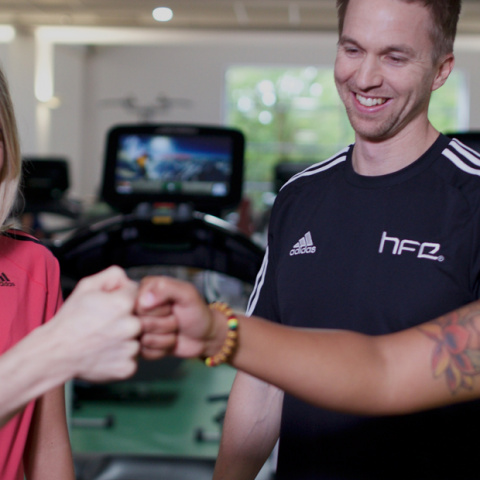Despite increased work pressures as part of the government’s sweeping changes to education, teachers have come out top in the healthiest professions table. According to a new survey, the nation’s educators were awarded top marks for their daily routines, with 70 per cent eating three meals a day and a quarter getting eight hours of sleep a night. In second place were nurses, followed by fashion designers and farmers. Very surprisingly, health and fitness professionals polled in fifth place.
The Wellbeing at Work League research, commissioned by Brita, found that two-thirds of workers regularly feel dehydrated at work. A further 46 per cent confessed they rely on sugar snacks to give them a boost during the working day.
Speaking to rude customers throughout the day would be enough to drive most of us to snacking, so it’s little wonder that call centre workers are the unhealthiest employees in the UK, closely followed by greasy-spoon loving builders in second place. Also in the top five unhealthiest professions are: PRs, engineers and IT workers.
A third of all call centre workers avoid exercise completely during their working week, despite the fact they spend eight hours a day sitting at their desks and have limited office movement.
Dietitian and nutritionist Jo Travers, commented: “People spend a large amount of time at work so integrating healthy habits into their day is crucial. Our research found that 4.00pm is the time that most people tend to feel a slump in energy. It can be tempting to reach for something sugary, but this can be counter-productive as it can cause a spike in blood sugar, followed by a crash.”
Worrying findings highlighted 45 per cent of professionals are too busy to drink enough water and nearly two thirds (62 per cent) only drink water when they feel really thirsty.
“Getting thirsty is actually one of the very last physical effects dehydration has on the body so the damage may have already begun,” says Jo. “Learning to identify the other signs of dehydration, like dry eyes or lack of concentration, will help avoid it.”
Sarah Taylor, director of marketing at Brita, commented: “We were interested in investigating the role of hydration in wellbeing at work and how different professions were affected. Our findings revealed that drinking plenty of water is a smart and simply way to start living by healthier workplace habits.”
The research also looked at which professions experience the most stress and which have the least sleep. 40 per cent of all workers are stressed for over a third of the day but call centre workers were found to suffer with stress more than other professionals, PRs came in second place and nurses in third – with farmers the least stressed of all workers.
When it comes to sleep, researchers found travel agents were the best sleepers, followed by entertainment industry staff. Teachers came third, with over a third managing to get eight hours a night. A shocking five per cent of nurses only manage to get an hour of sleep on a regular basis.


